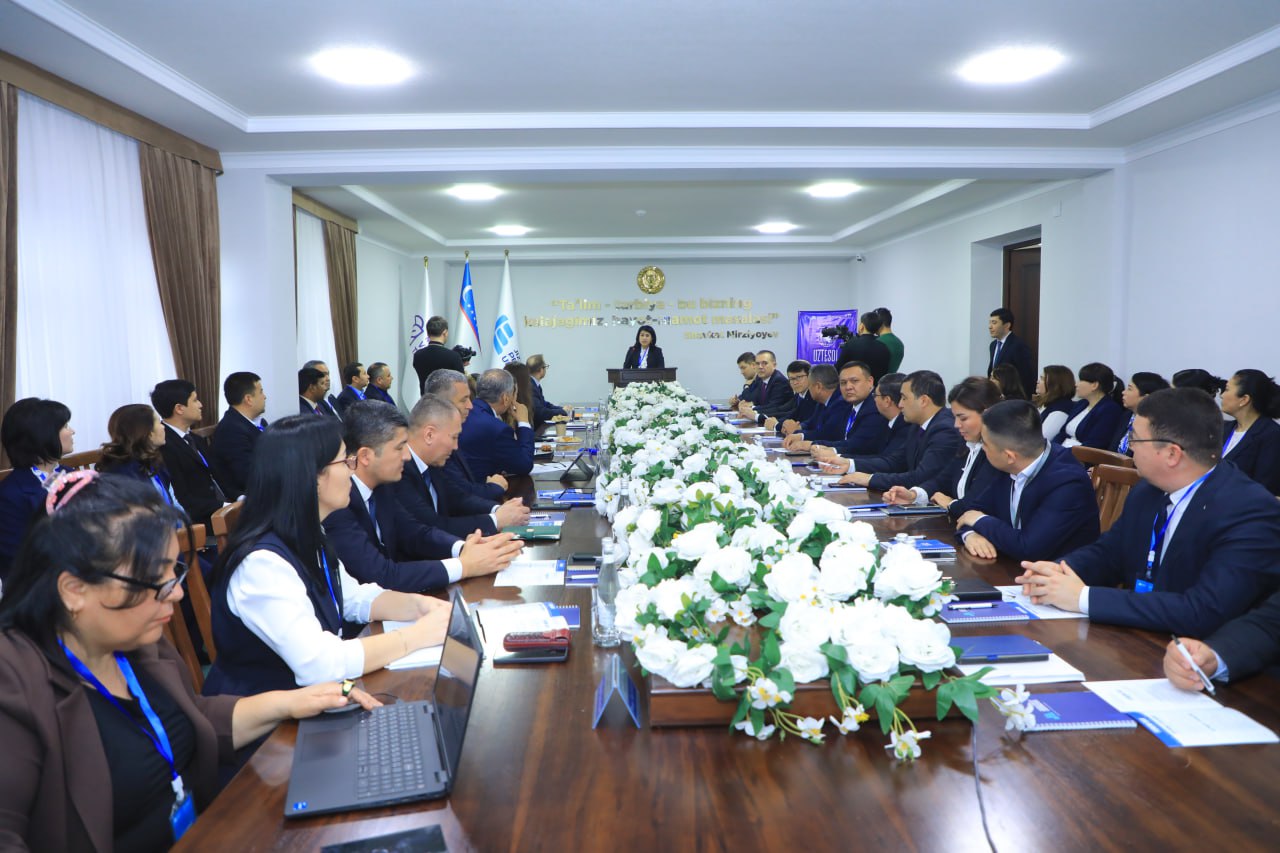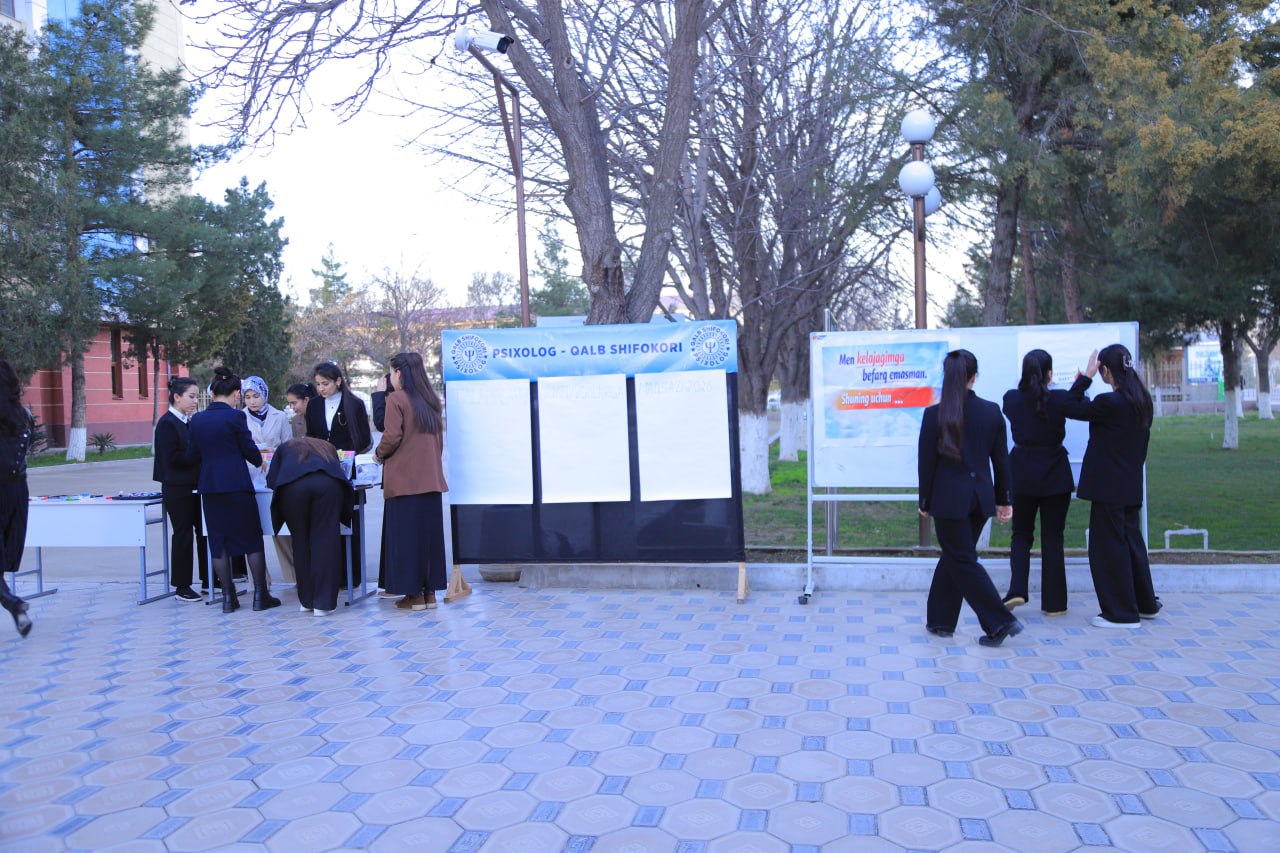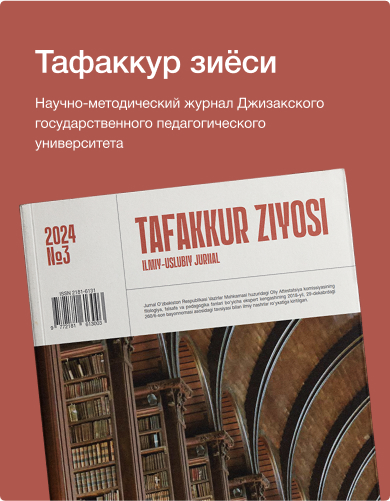Научные статьи
- Все
- Экоактивные студенты
- Центр карьеры
- Шаг в будущее
- Борьба с коррупцией
- Район и университет
- Это сбывшаяся мечта учителей
Научные статьи
|
01/06/2023
Распечатать
(O`zbek) NATIONAL-CULTURAL ASPECT OF THE LANGUAGE PICTURE OF THE WORLD (BASED ON UZBEK AND RUSSIAN PHRASEOLOGY)
Популярное в других рубриках

В рамках конференции профессора из Университета Джорджии выступают с лекциями для участников о современных подходах и передовом опыте в преподавании английского языка.

По инициативе Джизакского государственного педагогического университета в город Джизак прибыли иностранные гости для участия в международной конференции на тему «Развитие преподавания английского языка в высшем...

По инициативе отдела по работе с молодёжью, духовности и просвещению в рамках месячника по профилактике наркомании была организована психологическая акция под названием «Я не равнодушен...
Последние новости


